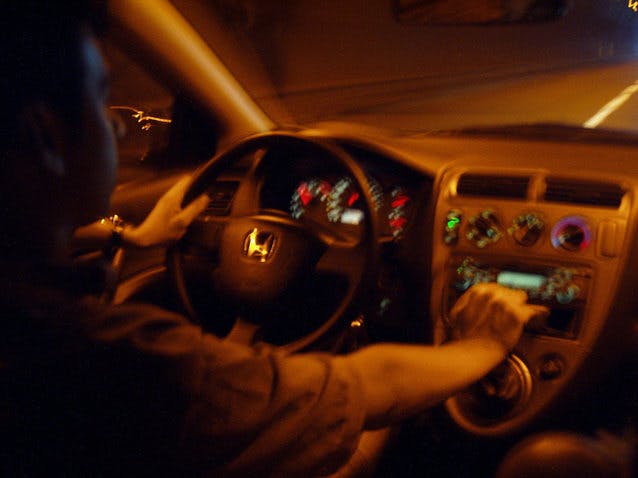Drink Driving
Drink Driving
It is an offence for a person to drive (or attempt to drive) on a road or other public place with excess alcohol. It is also an offence to be in charge of a vehicle with excess alcohol.
Ordinarily, you will be the subject of a roadside breath test where the standard of your driving has given rise to a suspicion that you may be under the influence. Alternatively, you may have been pulled over during a random stop check and then either confirmed that you have consumed alcohol or given rise to a suspicion that you have by way of your demeanour.
If the police suspect alcohol consumption, or indeed you confirm this, then you will then be required to provide a roadside specimen. A positive result from this will result in you being escorted to custody and placed on the evidential breath machine.
You will then be asked to provide two samples of breath.
Those samples cannot usually be delayed whilst you wait for legal advice. The result of the lower reading of those two samples will determine whether the proportion of alcohol in your breath exceeds the legal limit and so whether you will be charged and required to attend Court. The police may also require you to provide a sample by way of blood or urine. If you refuse to provide a specimen without reasonable excuse, that is in itself a criminal offence.
The penalty for drink driving depends on the reading which you provided and whether you have been convicted of this offence in the last 10 years (amongst other factors).
The sentence for this (and most other) offences commonly dealt with in the Magistrates Court can be found in the Sentencing Council Guidelines which were updated in January 2017.
Contact the Team
How Do I Choose a Solicitor?
With a long and established career of representing clients at the police station and in the Magistrates Court we can advise you as to how to get the best result in the circumstances. We also specialise in tachograph offences like falsification and driver’s hours.
If you have been summonsed to attend Court but would like to take provisional advice regarding the likely outcome then please get in touch. We will be able to give you a fixed price for submitting a plea in mitigation in writing, attending in your place or where appropriate attending with you in order to put forward your case. If you believe that you have been wrongly accused, then we can assist you to fight the case against you, using the best representation and experts at our disposal.
